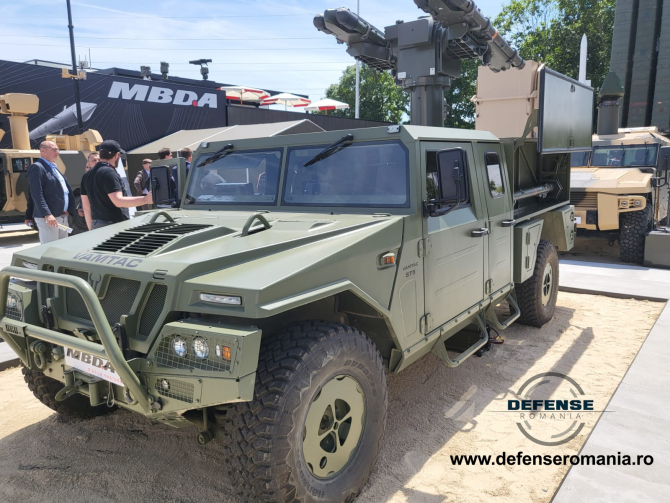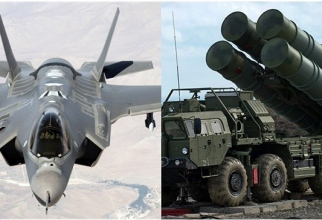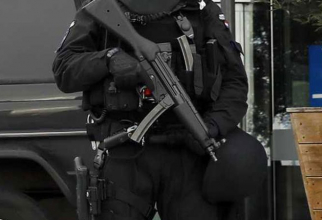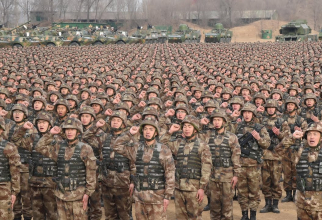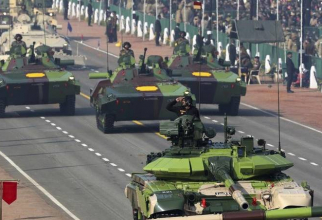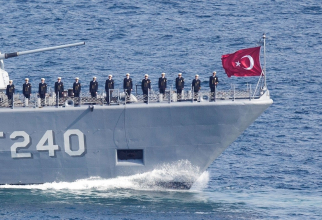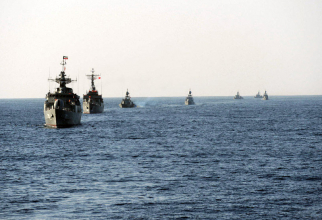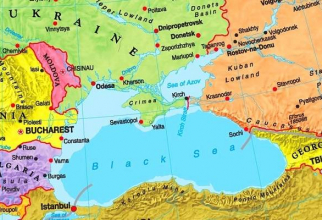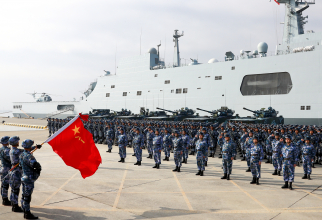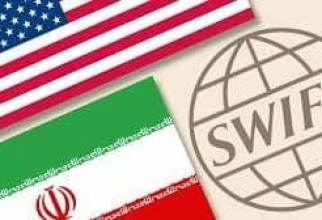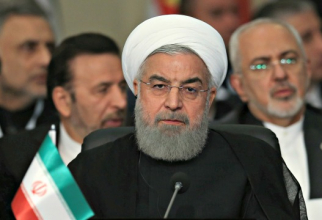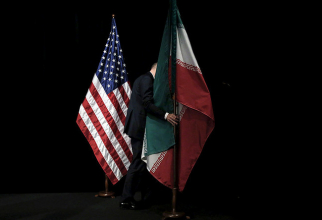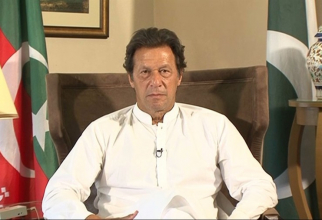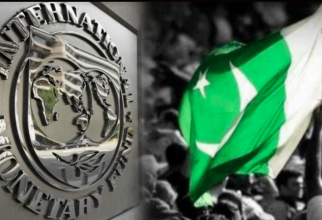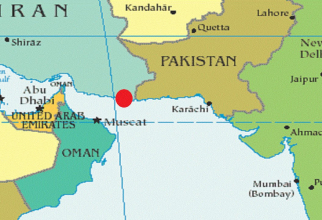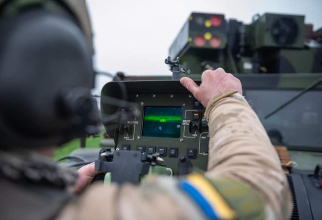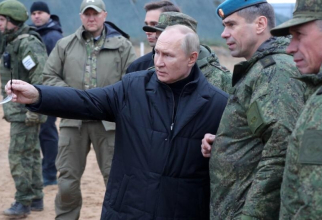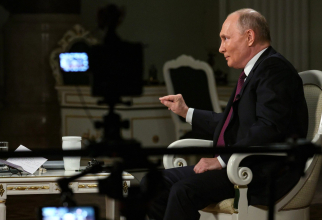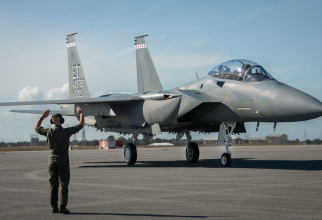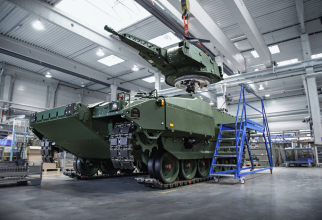Europe's defence industry wants to take back the continent. Romania could jointly purchase SHORAD/VSHORAD systems from France
Last week the European Commission presented the first Defence Industry Strategy in the history of the European Union.
Sistem de apărare antiaeriană MBDA Mistral 3, integrat pe un blindat Vamtac 4x4, prezentat de gigantul european în cadrul expoziției Eurosatory 2022 de la Paris. Sursă foto: DefenseRomania
The strategy, an ambitious plan that will of course have to be ratified by Member States' parliaments, is in fact a necessary response to the brutal invasion of Ukraine on 24 February 2022, when Russia plunged the old continent into its worst security crisis since the end of the Second World War.
The document, entitled European Defence Industrial Strategy (EDIS) and analysed by DefenseRomania, aims to reduce supply chains and bureaucracy in the context of achieving the goal of common arms production.
In other words, Europe intends to gradually break away from dependence on the US for arms procurement. It should be pointed out that the US defence industry dominates the old continent in terms of contracts with EU member states.
The Russian war against Ukraine is prompting Europe to have a strategy aimed at joint arms procurement for the first time in EU history. Of course, the process is a long one and will have to be embraced by all member states.
But the EDIS strategy is already taking its first steps.
Some very interesting data from the document under review show a clear picture of the dominance of the US defence industry.
Today, around 80% of arms procurement contracts are awarded to companies outside Europe. A huge percentage of this 80% it goes of course to the American defence industry. Before Russia's illegal invasion of Ukraine in early 2022 the percentage of contracts allocated to non-EU suppliers was 60%. So in the two years of war the percentage has gone up by about 20%.
In Romania the percentage is over 96%.
The strategy plan presented by the European Commission is that this "dependence" will gradually weaken. By 2030, the aim is for around 35% of contracts to go to the European defence industry, rising to 60% in 2035.
To this end, the EU is aiming for joint procurement between member states involving local defence industries.
A major advantage if the strategy were implemented would be delivery time. The large-scale war unleashed by Russia and the 'explosion' of orders on the arms market have made delivery times for military technology very long. Joint procurement involving local industries would unblock this situation.
Romania could break the ice with a joint procurement of SHORAD/VSHORAD systems, led by France
The need for short and very short-range anti-aircraft systems is very great for the Romanian Army.
At the end of last year the Ministry of Defence launched a tender for the procurement of SHORAD/VSHORAD (short and very short range) systems, estimated at around €2 billion.
In parallel, however, discussions are taking place on a joint procurement of SHORAD/VSHORAD systems with European countries, in a process led by France and already involving other countries like France, Belgium, Estonia, Cyprus or Hungary.
In the summer of 2023 Arnaud Rousset Vice-President Europe MBDA, told DefenseRomania that our country has an open door in the joint procurement of Mistral 3 and Romania is "the perfect candidate".
If Romania enters this joint procurement, it will benefit from rapid deliveries of the Mistral 3. In 2024 MBDA expects Mistral 3 production to double.
But a major advantage of the joint procurement programme is that it is carried out under the European EDIRPA programme.
EDIRPA is a major agreement within the European Union that allows states that jointly procure military equipment to receive a share of the funds back.
Fii primul care află cele mai importante știri din domeniu cu aplicația DefenseRomania. Downloadează aplicația DefenseRomania de pe telefonul tău Android (Magazin Play) sau iOS (App Store) și ești la un click distanță de noi în permanență
 Fiți la curent cu ultimele noutăți. Urmăriți DefenseRomania și pe Google News
Fiți la curent cu ultimele noutăți. Urmăriți DefenseRomania și pe Google News



